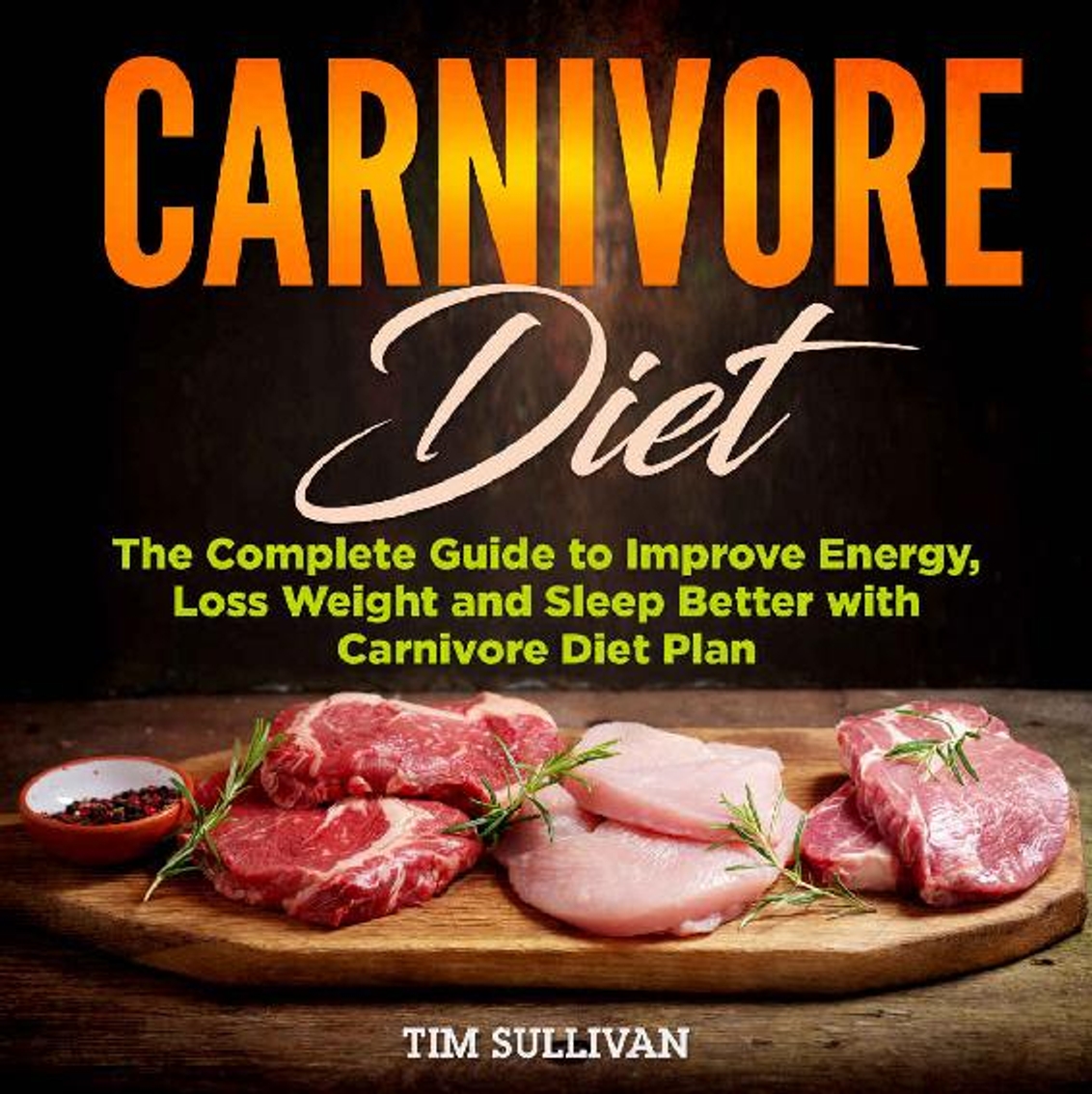A Guide to Embracing the Carnivore Lifestyle
The carnivore diet goes against conventional wisdom that eating meat, especially red meat, is unhealthy. However, in his book “Carnivore Diet: The Complete Guide to Improve Energy by Tim Sullivan,” the author makes a compelling case for not only the safety but also the benefits of this unusual way of eating.
Right from the outset, Sullivan grabs the reader’s attention by acknowledging the seemingly radical nature of the carnivore diet. He then proceeds to methodically break down common misconceptions, citing evolutionary science and reasoning to build his argument.
While the book contains some scientific explanations, it remains easily digestible and readable even for those without a background in biology or nutrition. Sullivan strikes the right balance of depth and simplicity.
Debunking the Myths
Sullivan states that although red meat has gotten a bad rap over the years for supposedly increasing disease risk, the red meat our Paleolithic ancestors ate was very different from today’s grain-fed, factory-farmed varieties.
When animals grazed freely on grass and other native plants, their meat was healthier with a more optimal nutritional profile. Sullivan suggests today’s chronic illnesses are more related to modern HIGH-CARB DIETS full of sugar and refined grains rather than red meat itself.
The author further dispels misconceptions by analyzing observational studies implicating red meat. He rightly points out that associational data cannot prove causation and that confounding variables, as well as flaws in data collection, make it impossible to single out meat as a driver of poor health outcomes.
Tracing the Roots of Our Carnivorous Development
Sullivan suggests that since early humans were opportunistic hunters, we evolved primarily to subsist on animals rather than painstakingly foraged plants. He argues we have the digestive tracts and physiology of carnivores rather than natural plant-eaters.
Our jaws, stomach acid pH, liver detox functions, etc., align more with carnivorous mammals. Sullivan also describes how other species, from cows to gorillas, produce short-chain fatty acids to derive energy from high-fiber plant matter, while humans cannot efficiently digest fiber at all.
So, in a way, many herbivores are actually higher-fat digesters than humans. Sullivan uses these types of examples to build a logical case that people are better adapted to meat-based rather than plant-based diets.
Outlining a Practical Carnivorous Eating Plan
The book helpfully categorizes different “levels” of the carnivore diet, from the least restrictive to the strictest possible interpretations. This allows readers to choose their level of comfort. Sullivan also offers a sample daily menu people can modify to their needs and preferences.
While the carnivore plan is simple at its core – just eat animal foods – Sullivan recognizes and addresses people’s likely questions about specifics regarding dairy, seasonings, beverages, and so forth. He blends sensible advice with reasonable flexibility.
A Compassionate Approach
Importantly, Sullivan doesn’t attack people’s personal dietary choices, acknowledging carnivores won’t be for everyone. He offers it as a framework for those who may benefit from eliminating irritating or inflammatory agents in plant matter.
Sullivan also discusses ways to source the most ethical meat possible while supporting regenerative agriculture, demonstrating care not just for human health but planetary health as well.
In this way, Sullivan avoids the alienating militant attitude of some diet advocates. Instead, he makes space for people to honor their bodies’ needs while also expanding their circles of compassion. This thoughtful approach is a breath of fresh air.
An Information Feast
While the carnivore diet goes against the grain of standard dietary advice, Sullivan builds a compelling case for its physiological alignment and potential benefits. He offers the logic to help readers override initial skepticism or doubt regarding this unconventional nutritional path.
Backed by scientific information yet written conversationally, “Carnivore Diet: The Complete Guide to Improve Energy by Tim Sullivan” proves an empowering resource for those seeking to improve their vitality through food. Leaving no stone unturned, it provides actionable guidance for those interested in pursuing a carnivore lifestyle.
